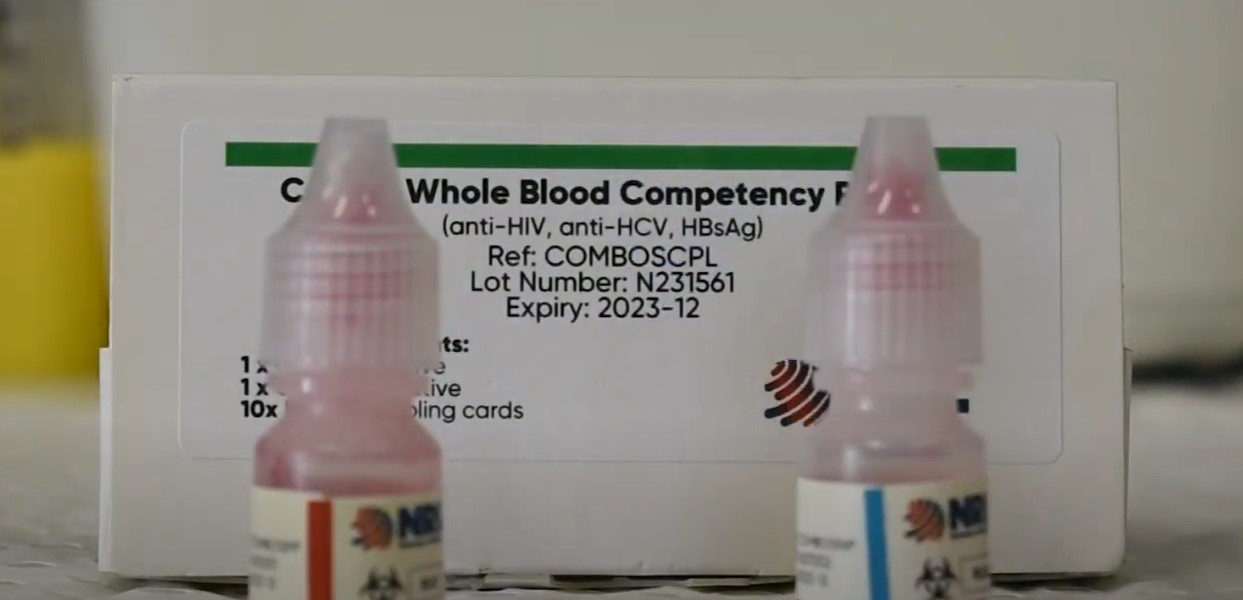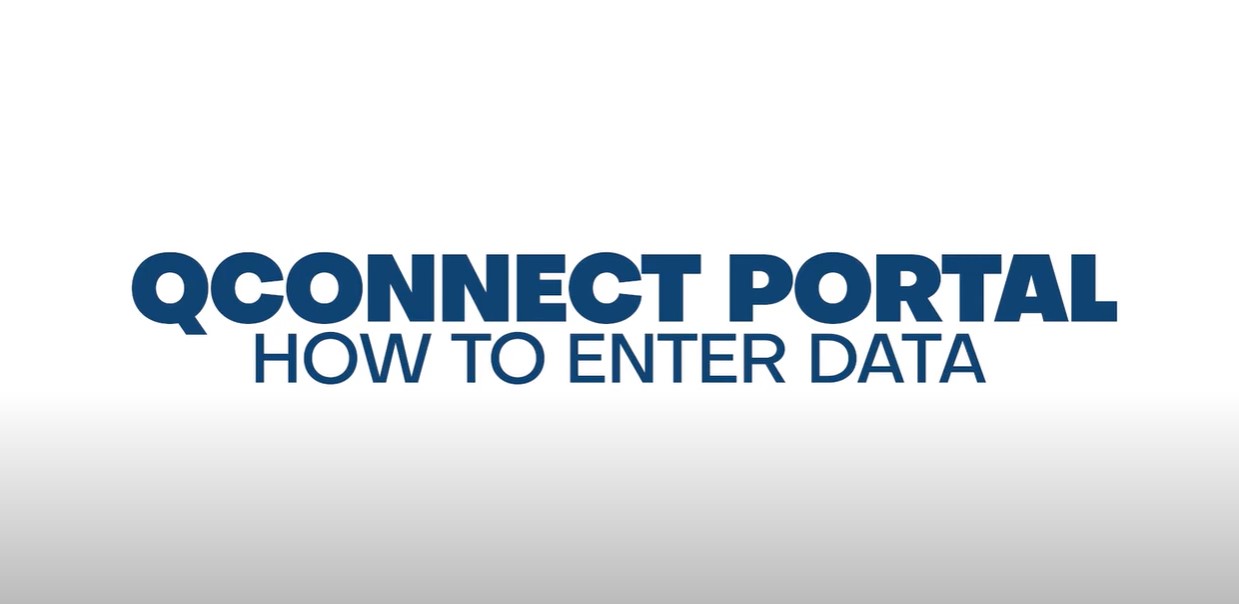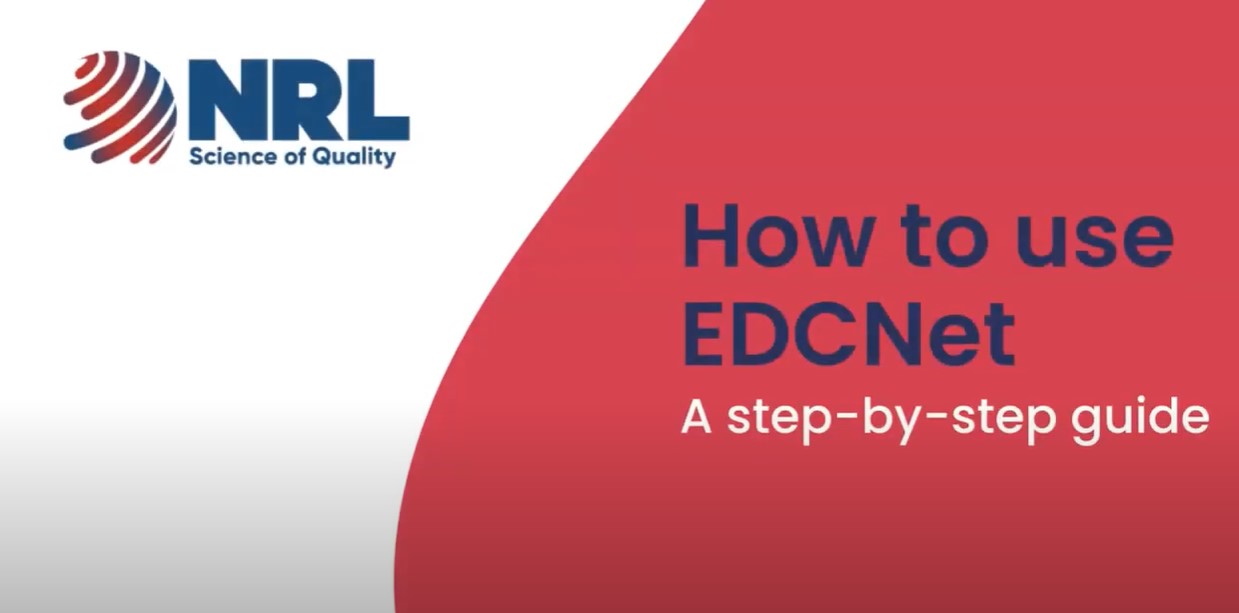Latest News & Updates 📢
-
All you need to know about RapidQ
RapidQ is simply the new name for NRL’s trusted Point-of-Care Testing (PoCT) Quality Assurance service. We’ve refreshed our service with a new website, expanded program catalogue, and updated features. While we have changed our name and program offering, the same high-quality testing, reliability, and support you’ve come to expect remain unchanged.
Discover the New RapidQ CatalogueOur latest RapidQ Catalogue is here — now featuring an enhanced program menu, greater flexibility, and expanded options designed to address common challenges in point of care diagnostic testing.
Explore smarter, faster, and more reliable Point-of-Care Testing quality assurance solutions — all in one place.
Scroll down to download your copy!
Showcasing RapidQ at POC25, June 19 - 21Closely aligned with our RapidQ launch, we’re excited to be sponsoring and attending POC25. Our own Liza Cabuang will be presenting her poster, “Testing for Infectious Diseases at Point-of-Care: A COVID-19 Example.”
If you’re attending, we’d love for you to stop by and say hello!
Learn more about POC25: Conference on Point of Care Testing for Infectious Diseases

Why PoCT Matters

Accurate and timely diagnostic testing is critical for effective patient care, protecting the blood supply, and supporting public health. In many remote or underserved settings, traditional laboratory testing is not accessible. Point-of-Care Testing (PoCT) fills this gap by bringing testing closer to the patient.
However, PoCT often occurs outside standard laboratory systems, where quality assurance (QA) is limited or missing altogether. Without proper QA, test results may be unreliable – leading to delayed treatment, misdiagnosis, and poor outcomes.
RapidQ is NRL’s quality assurance service for Point-of-Care Testing. It’s designed to support reliable, accurate testing in any setting – helping ensure that every result counts, no matter where it’s performed.
What are the Barriers to Effective PoCT QA?
-
Overview
In collaboration with the World Health Organization (WHO), NRL has identified the following barriers to implementing effective QA for PoCT—and has developed targeted solutions to overcome them:
1. Sample Type Limitations
Most PoCT serology tests use capillary whole blood or oral fluid. Traditional QA samples often use serum or plasma, failing to account for the pre-analytical challenges of PoCT—commonly the highest point of error.
2. Single-Use Devices
PoCT devices are typically single-use, meaning QA can only assess individual cartridges. This does not account for variability across different cartridges or batches.
3. Informal Testing Environments
Testing often occurs in community clinics or non-clinical settings by personnel without formal laboratory training. Testing may be sporadic due to stockouts or program-based scheduling.
4. Fragmented Kit Access
In many low- and middle-income countries, access to PoCT kits can be inconsistent due to funding constraints, distribution issues, or project-based implementation that doesn’t align with traditional EQA timelines.
5. Remote and Harsh Settings
PoCT is widely used in rural and remote areas, including services for First Nations Peoples. These areas may face extreme temperatures, difficult logistics, and limited infrastructure such as electricity or refrigeration.
6. Costly Shipping and Storage
Shipping QA materials under UN3373 regulations, especially with dry ice, is often prohibitively expensive. Many PoCT sites lack appropriate cold storage facilities for infectious disease QA materials.
7. Inflexible Test Schedules
Fixed EQA test events can be difficult to meet due to shipping delays or import challenges, often leading to missed opportunities and wasted resources.
8. Regulatory Constraints
QA materials are considered in-vitro diagnostic (IVD) devices, making them costly and limiting the development of in-house alternatives.
9. Qualitative Data Challenges
Many PoCT results are qualitative, while most QA programs are built for quantitative results. However, using samples near the detection limit and structured result collection can still provide meaningful data for ongoing test performance monitoring.
10. Data Loss
QA data is often not systematically recorded or followed up. This reduces its effectiveness for post-market surveillance and quality improvement.
11. Stakeholder Misalignment
There’s often a disconnect between QA providers, IVD manufacturers, and major funders. Some manufacturers resist QA oversight, and global funding bodies may enforce minimal QA requirements despite significant investment in diagnostics.
Our Solution - RapidQ
-
RapidQ Overview
To address common challenges in diagnostic testing, NRL has developed a comprehensive and fit-for-purpose QA program for PoCT, covering a wide range of infectious disease analytes. The program is scientifically validated, scalable, and adaptable to address common challenges in point of care diagnostic testing.
Innovative Sample Design-
Includes synthetic whole blood for serology and dried tube/swab samples for molecular testing
-
Validated for stability at ambient shipping conditions and 2–8°C storage
-
Homogeneity and stability independently verified
Two QA Formats to Suit Your Needs1. Competency Panels
-
One known positive and one known negative sample per analyte
-
Used to train testers, verify competence, and monitor reagent batch quality
-
Recommended frequency: weekly for active sites, monthly for low-volume sites
2. External Quality Assessment Schemes (EQAS)
-
Typically four unknown samples per panel with diverse genotypes, concentrations, and results
-
Suggested frequency: 3 times per year, minimum twice annually
Cost-Effective and Scalable-
Samples manufactured in bulk to keep costs low
-
Non-infectious and ambient-stable, reducing shipping costs
-
Designed for implementation even in resource-limited settings
Smart Distribution PartnershipsNRL collaborates with test kit manufacturers and central procurement agencies to distribute QA materials alongside test reagents—streamlining logistics and reducing overhead.
Flexible EQA SchedulingUnlike traditional fixed-event programs, NRL offers on-demand EQA—allowing facilities to test when ready, avoiding missed windows and reducing the risk of result collusion.
Mobile QA Portal for Real-Time ResultsEvery panel has a QR code. Testers scan with a smartphone, complete a bespoke online form, and submit results for real-time analysis and feedback via NRL’s mobile QA portal.
-
RapidQ Catalogue 📄
RapidQ Product Enquiry Form
Interested in purchasing RapidQ? Please complete the form below to help us process your request. A member of our RapidQ team will be in touch within 48 hours.




